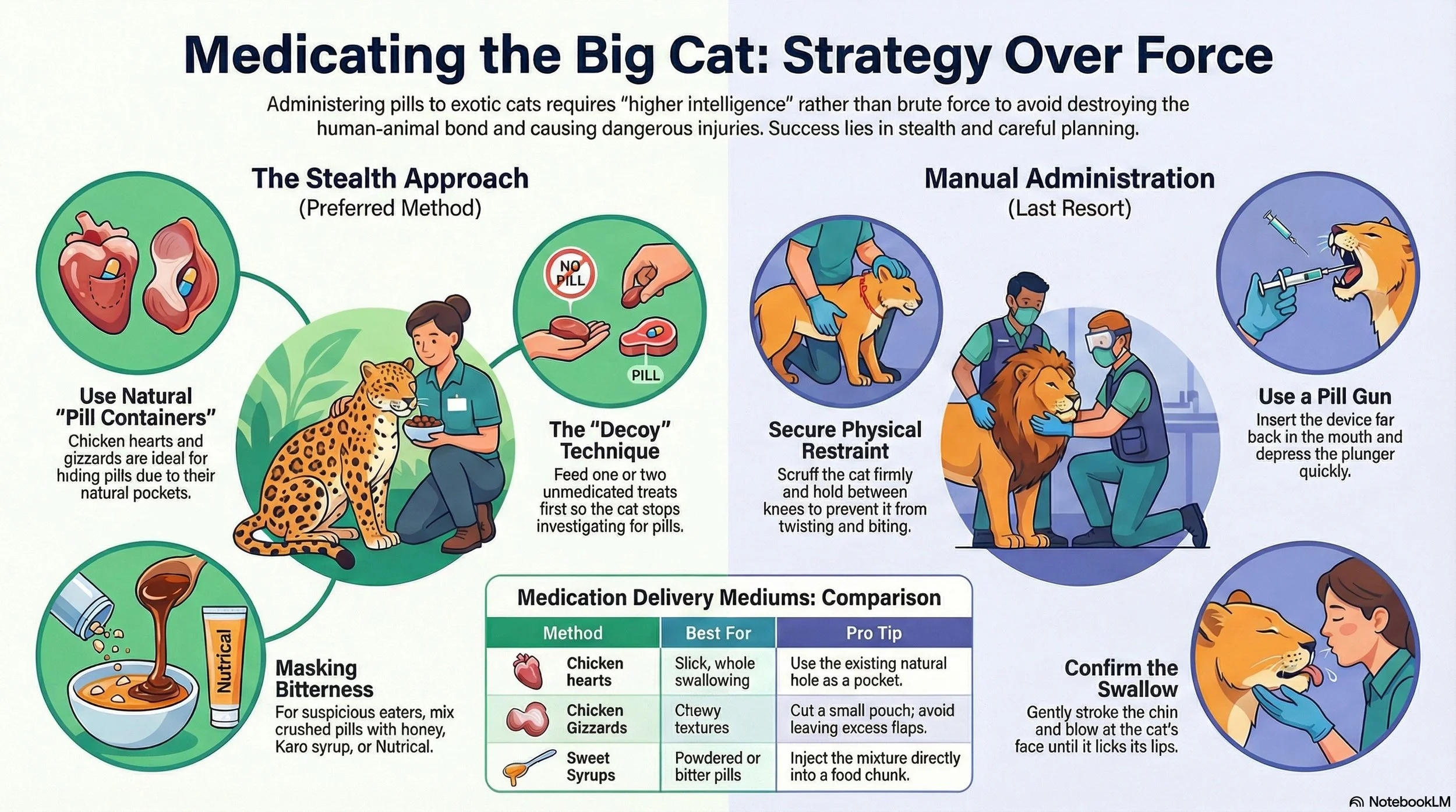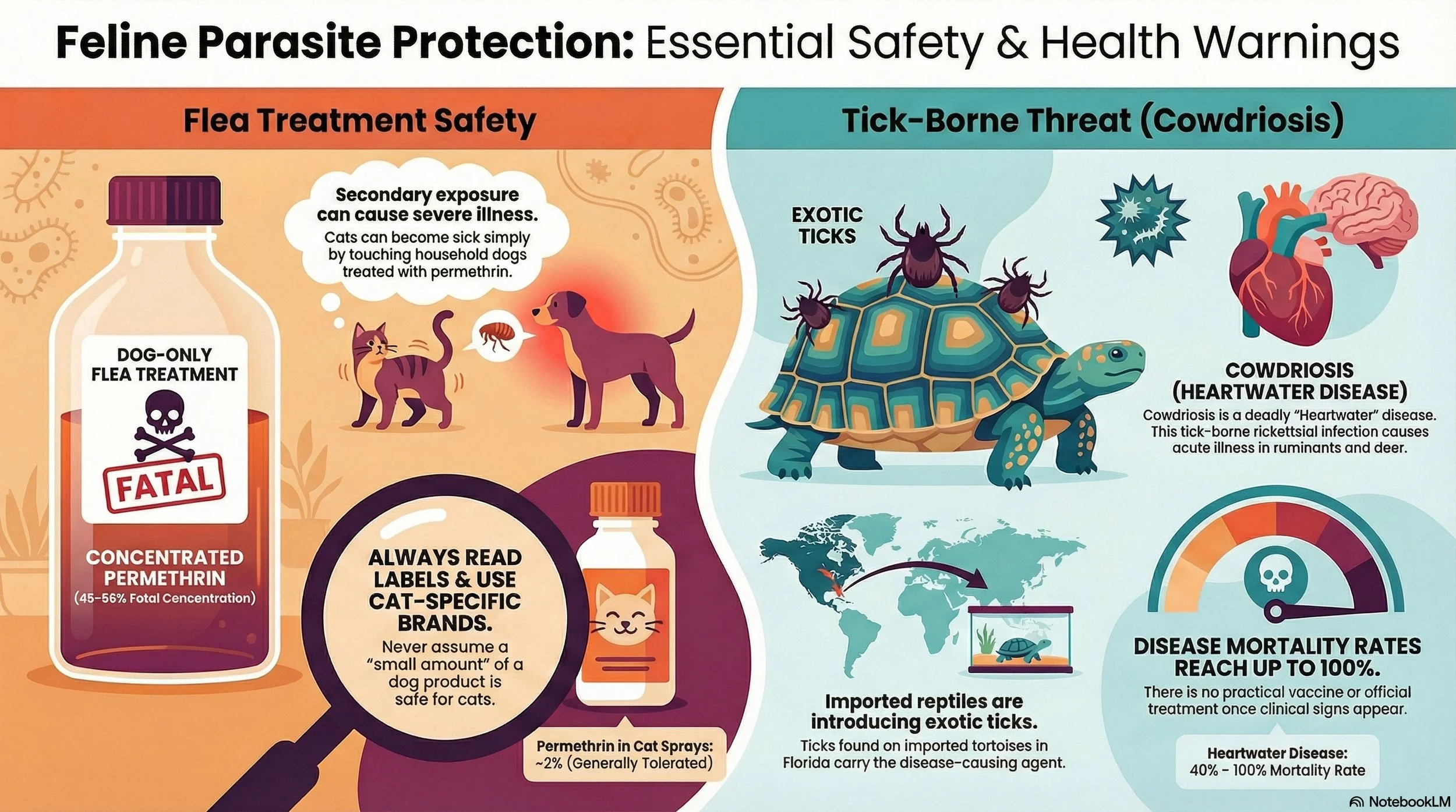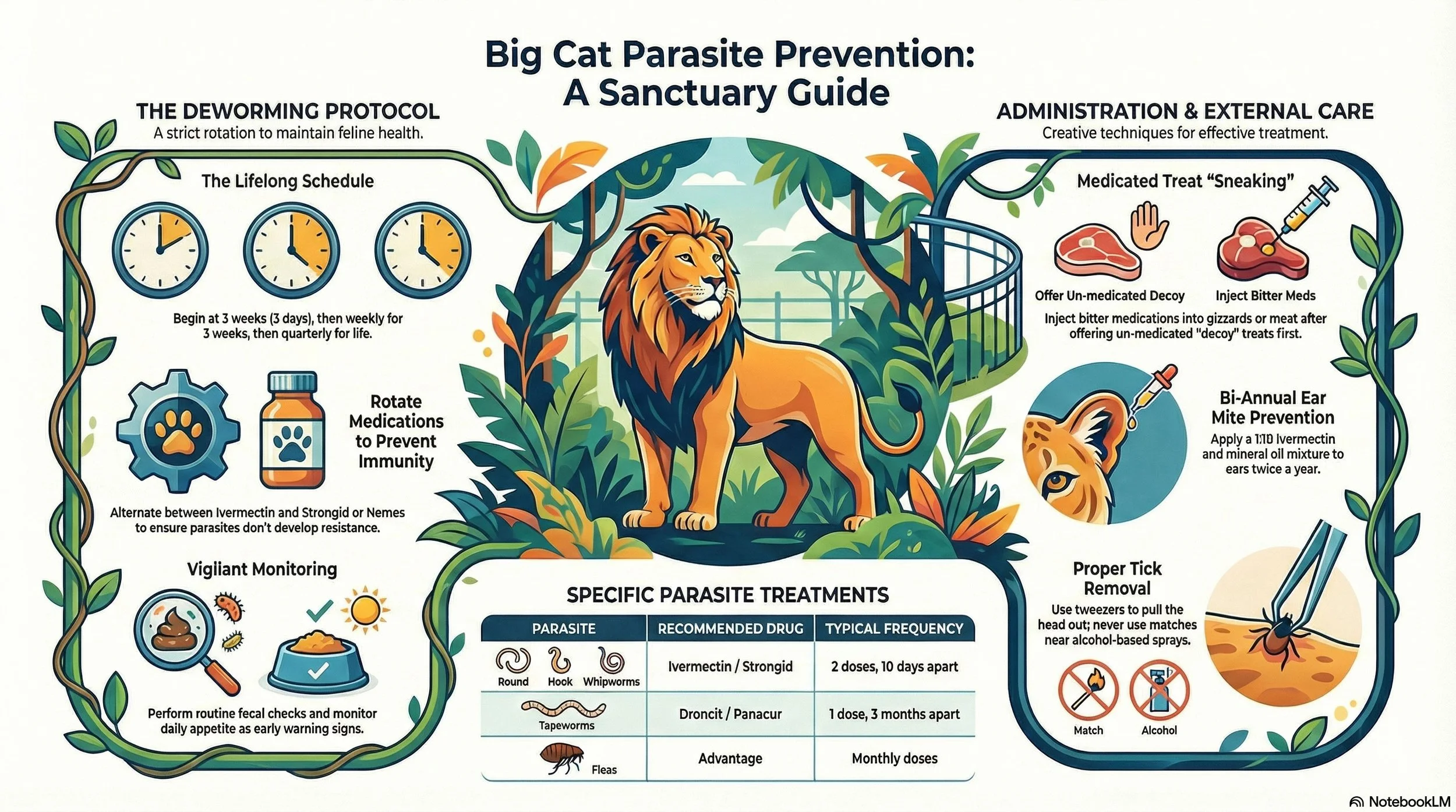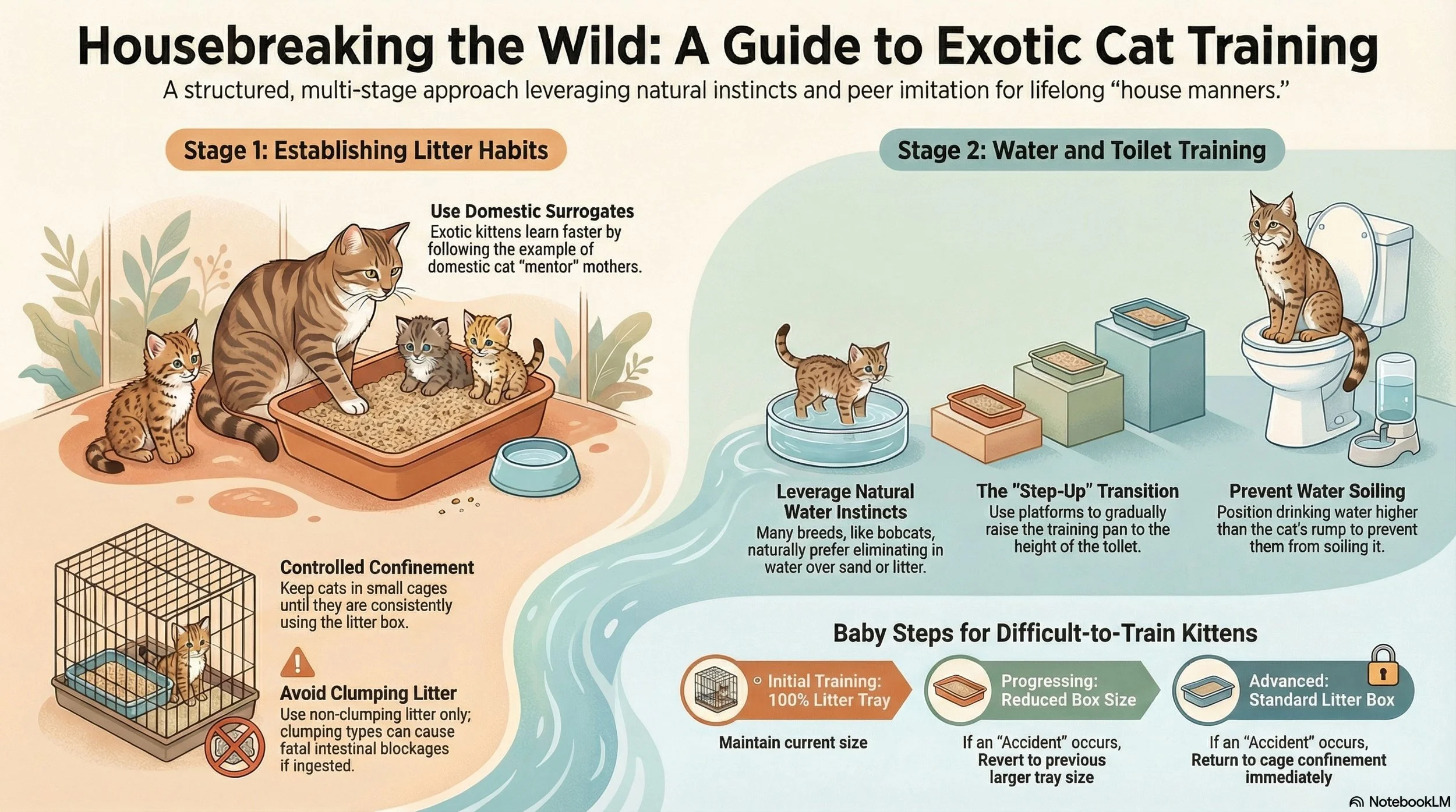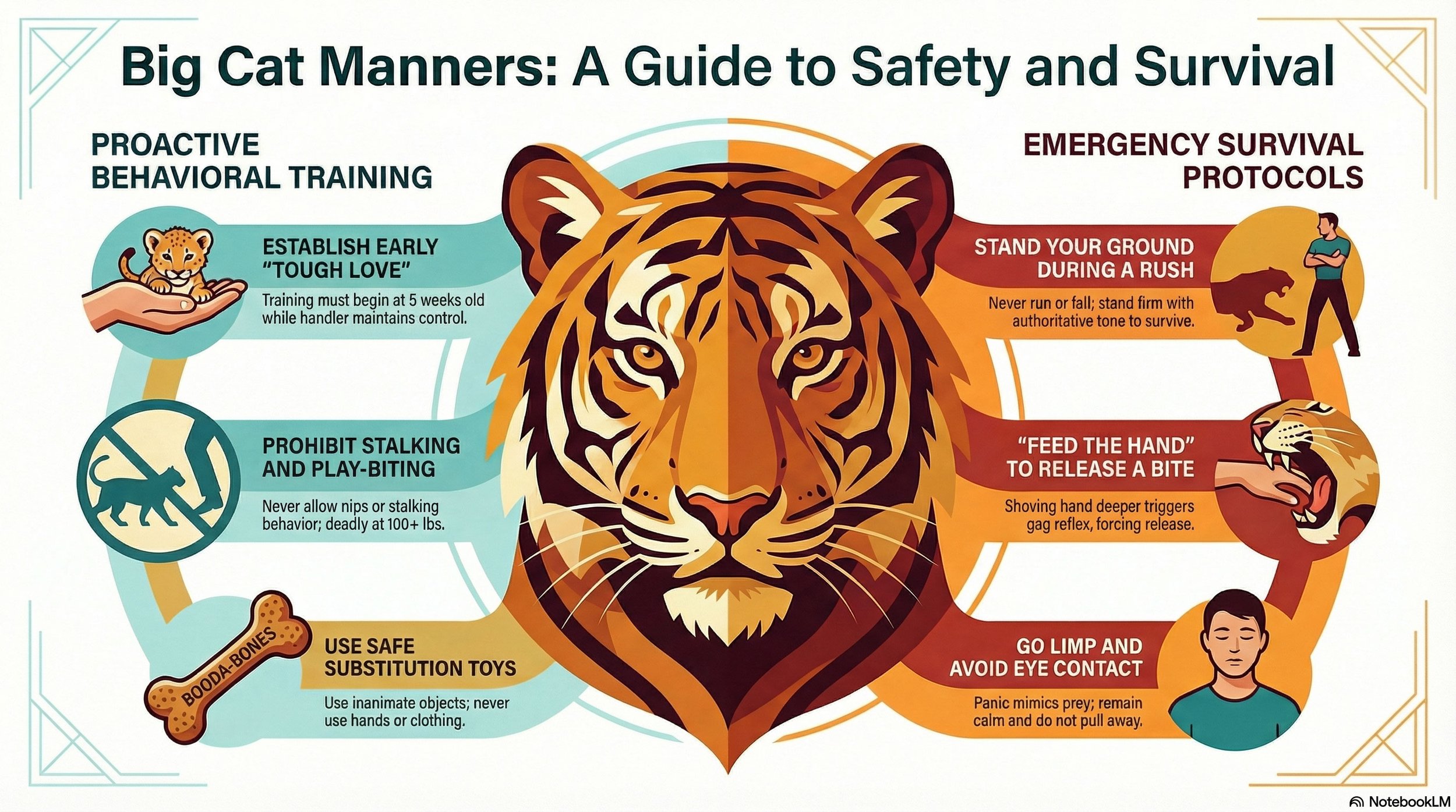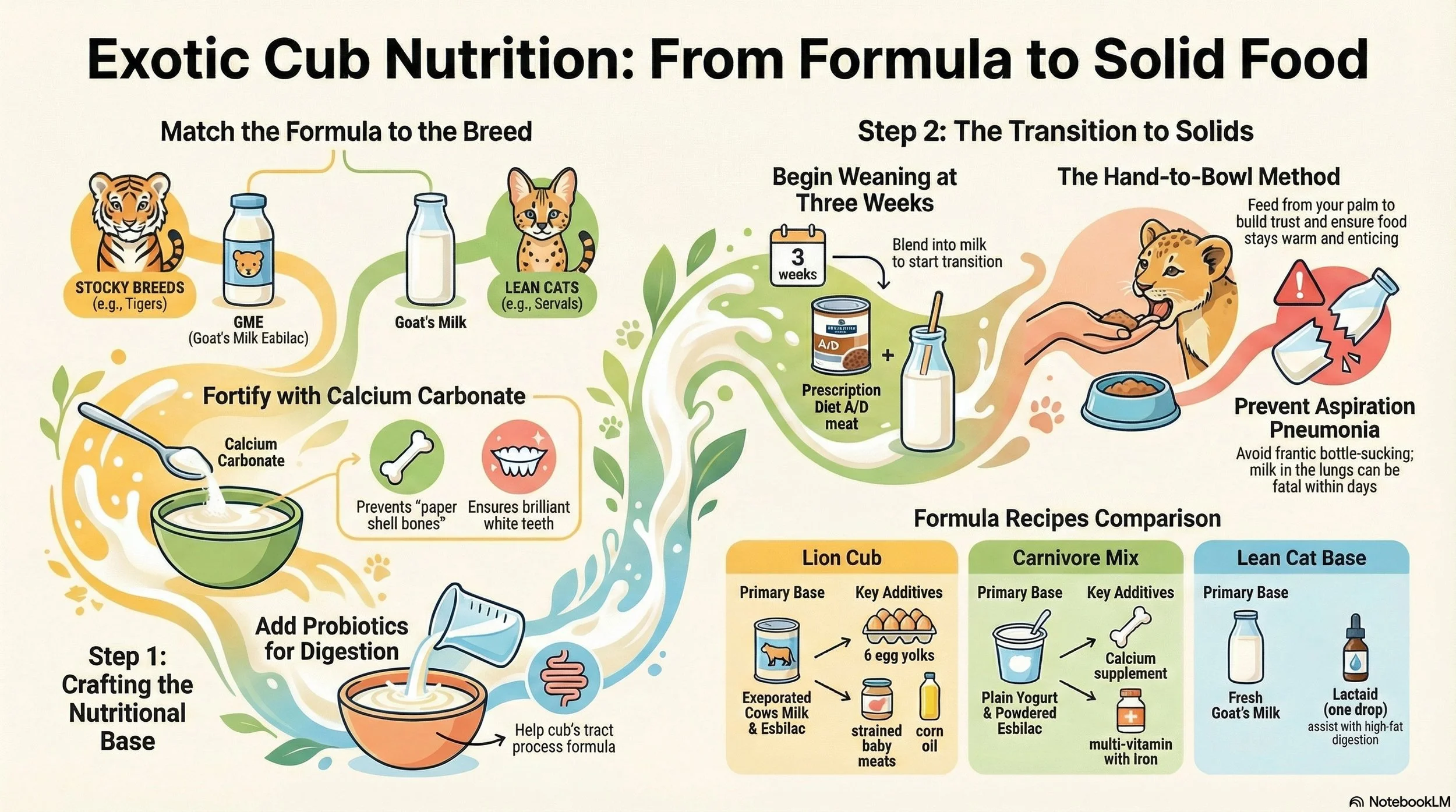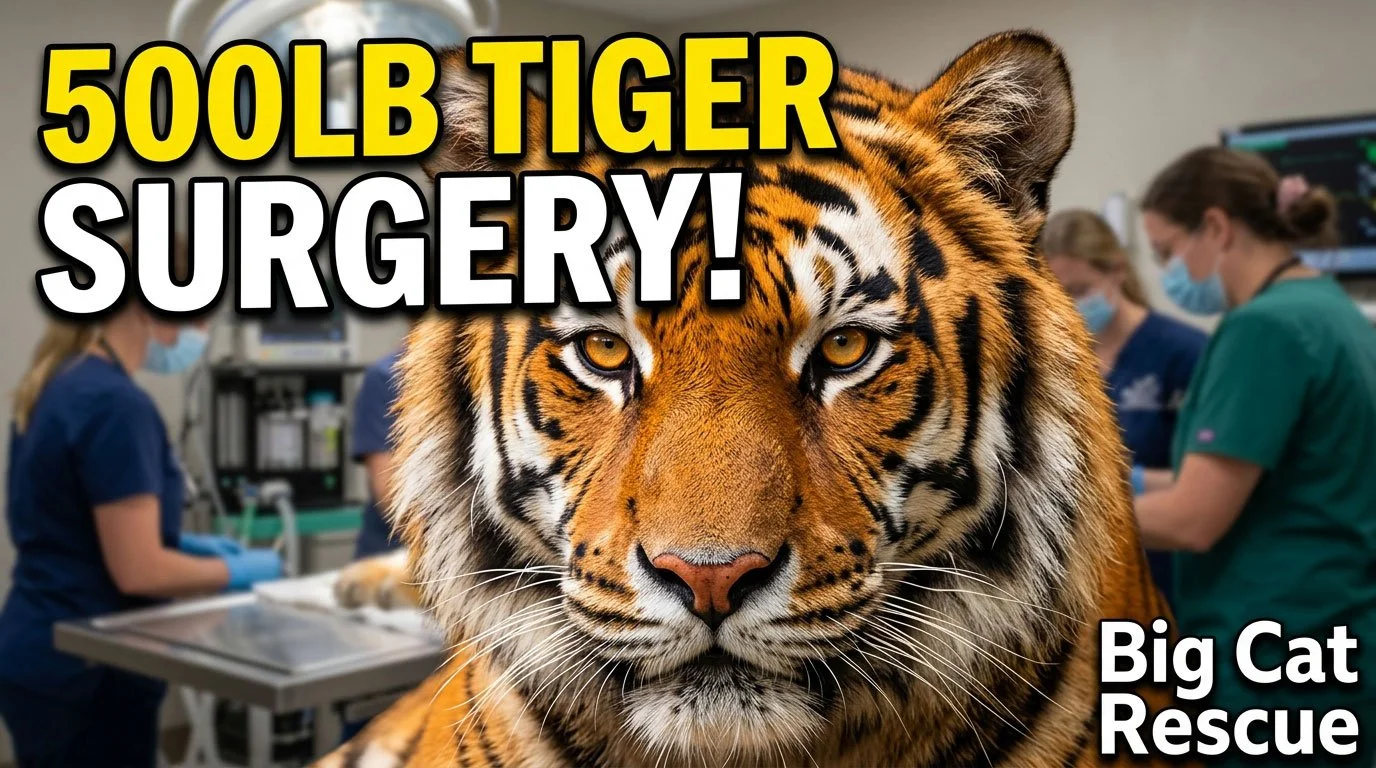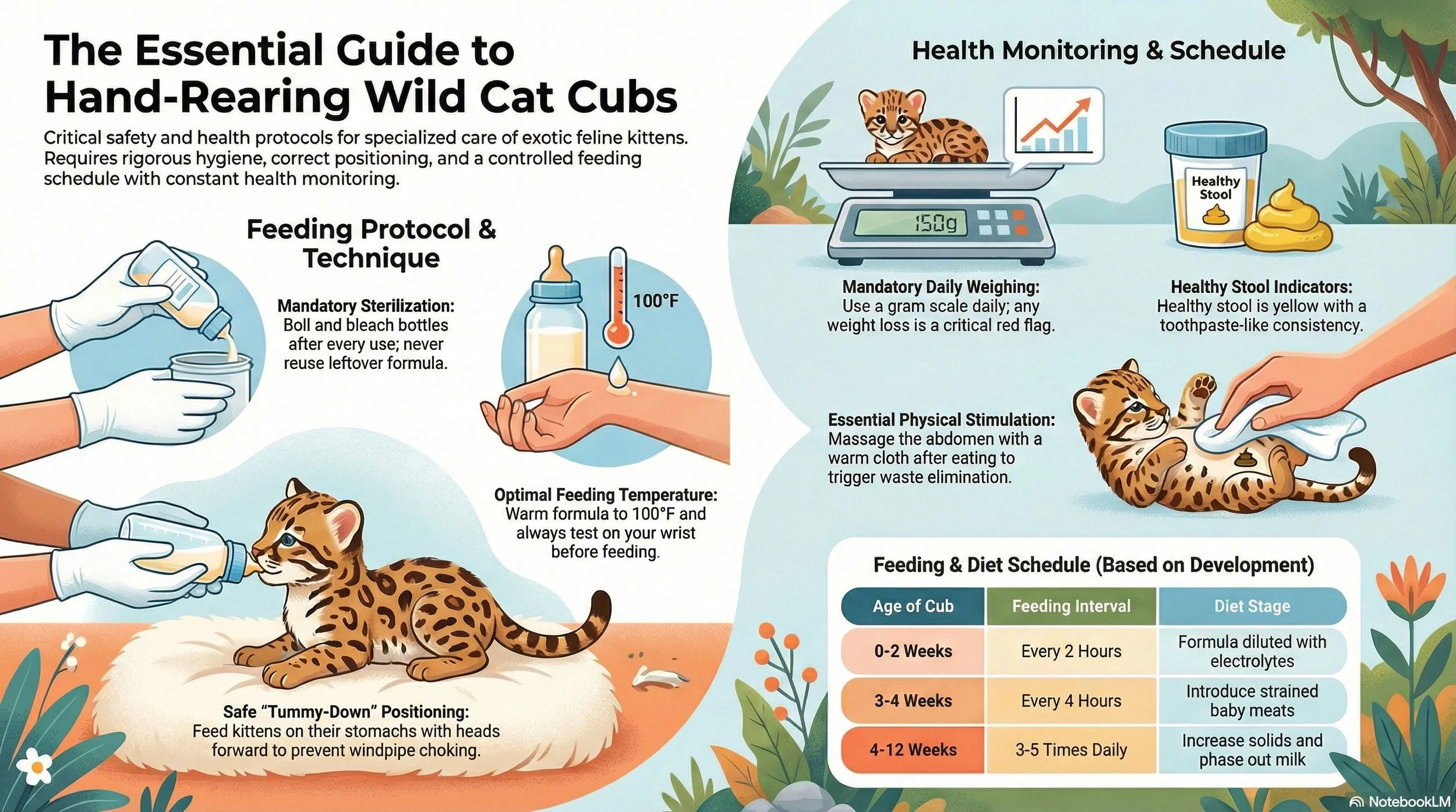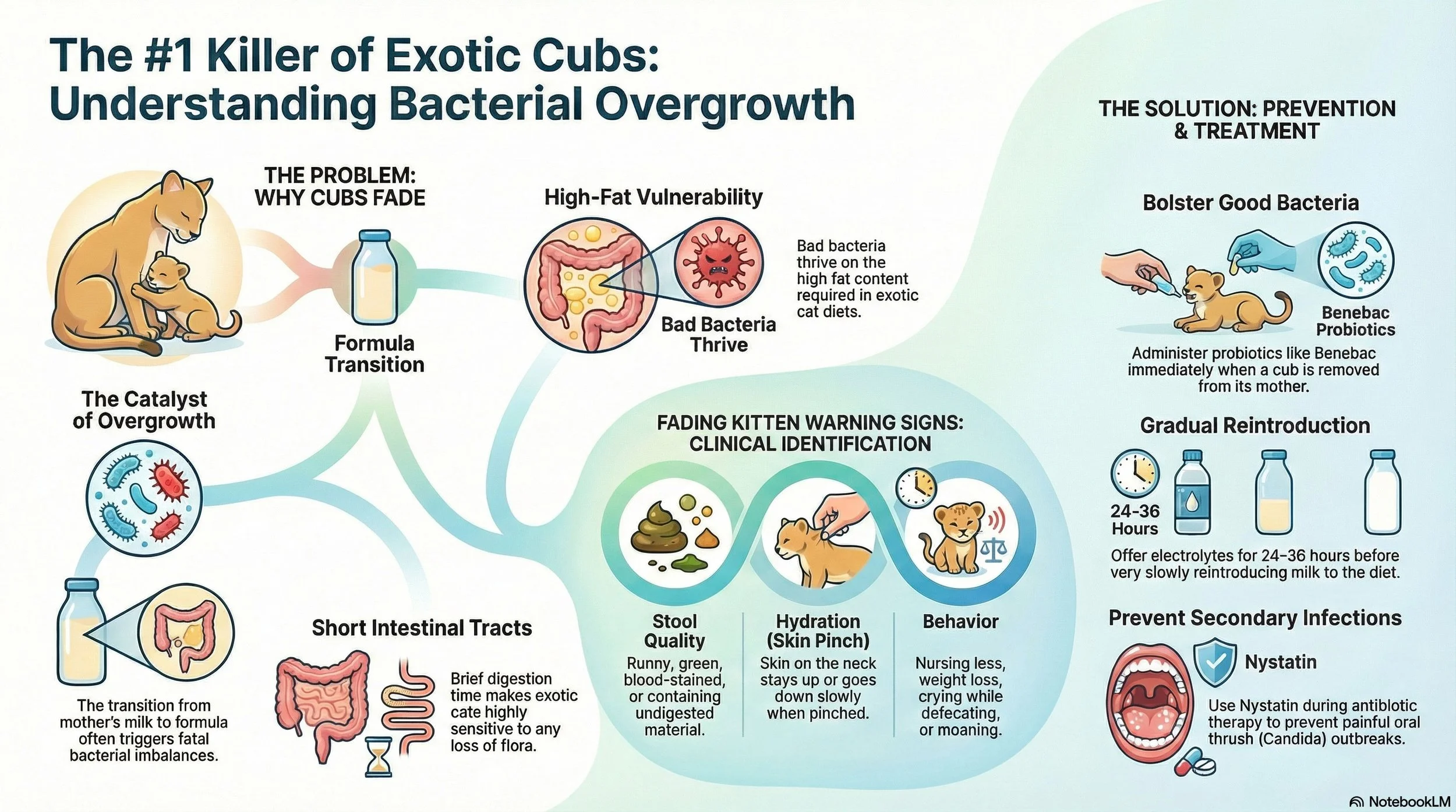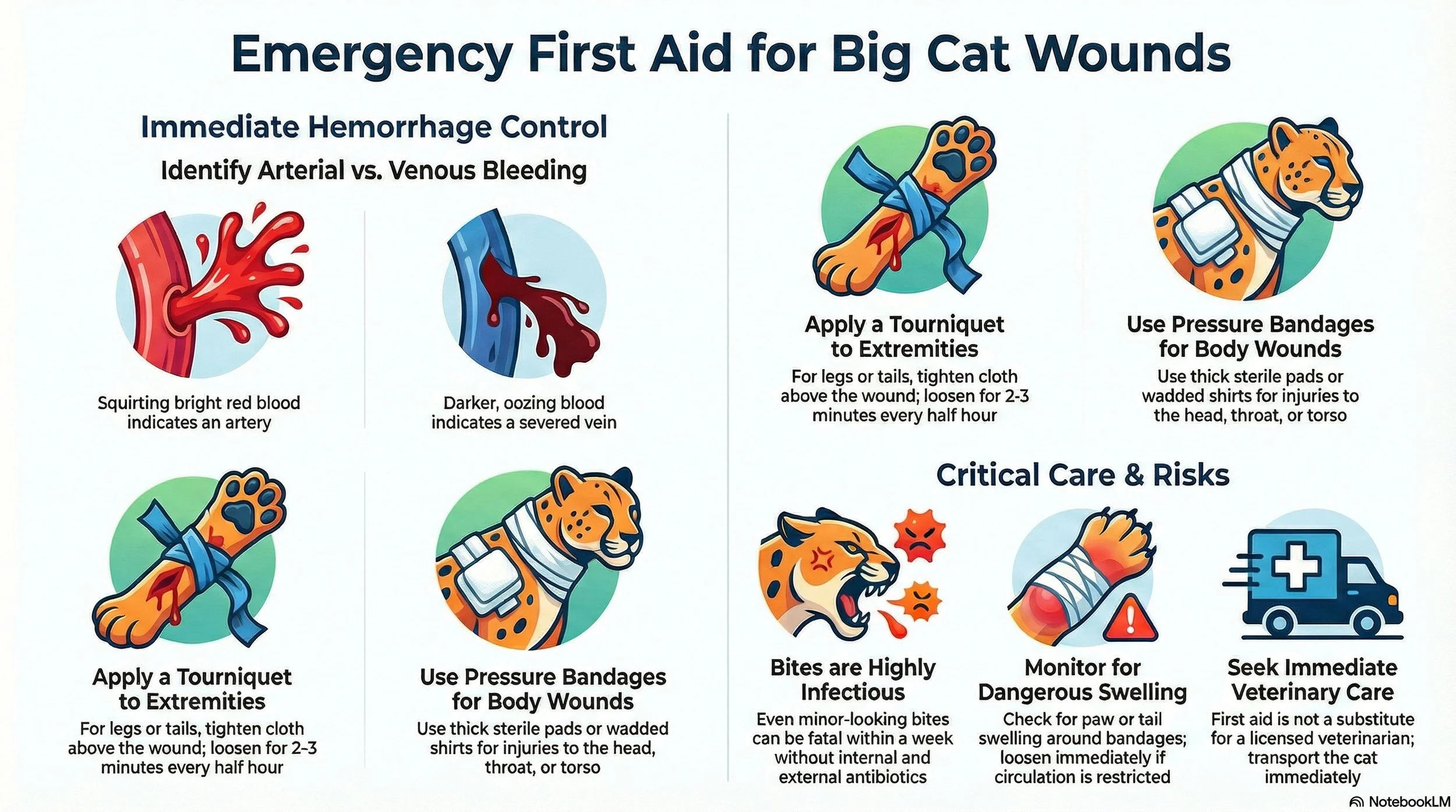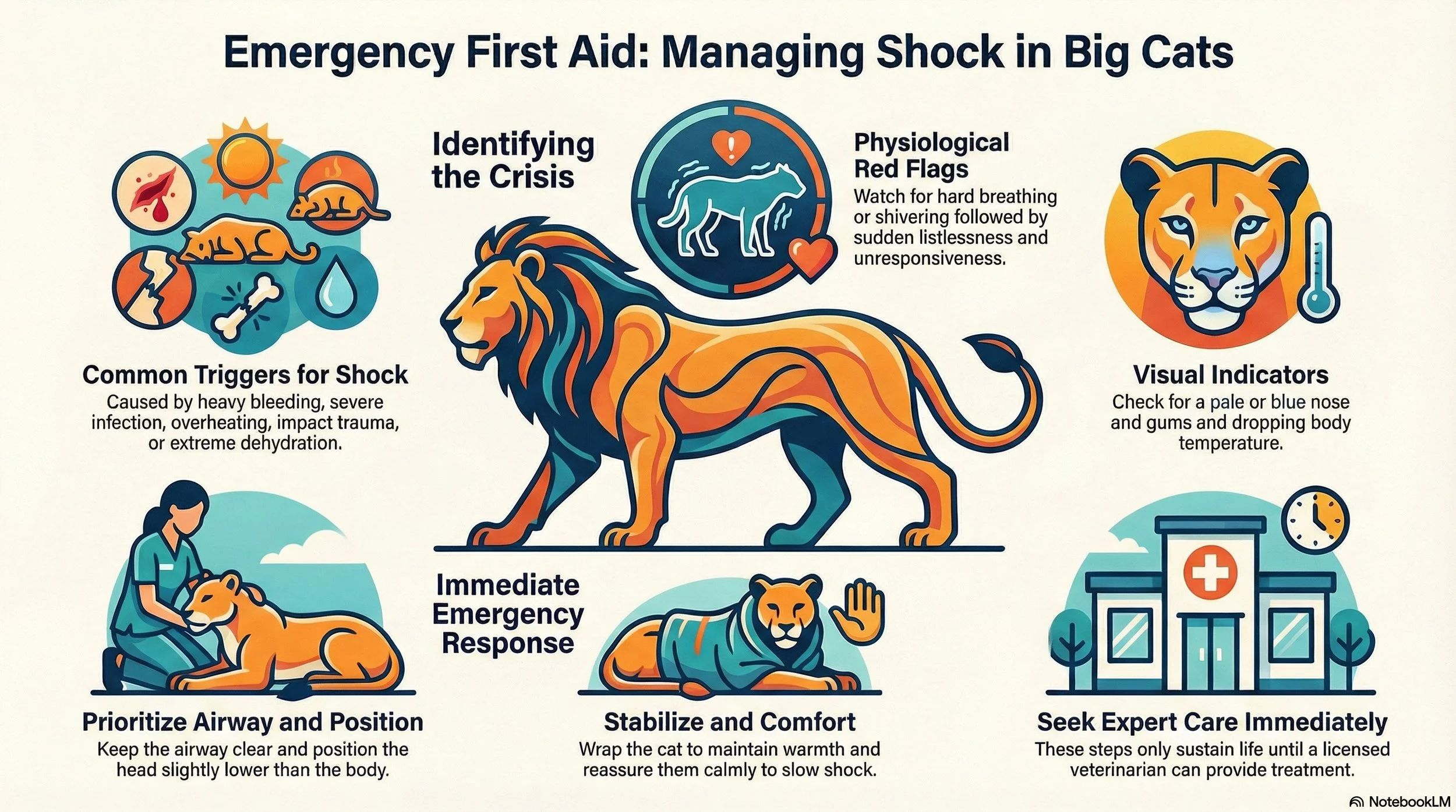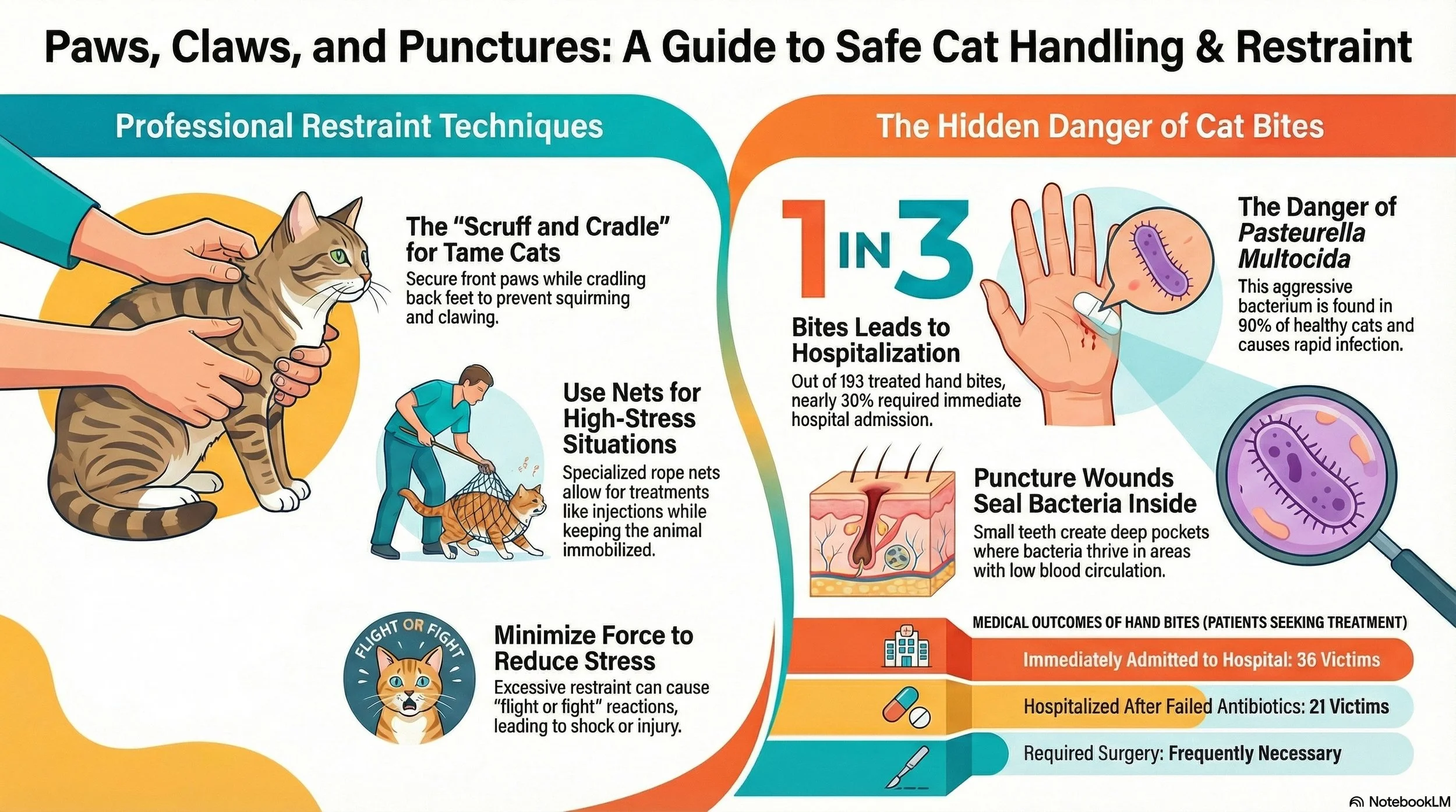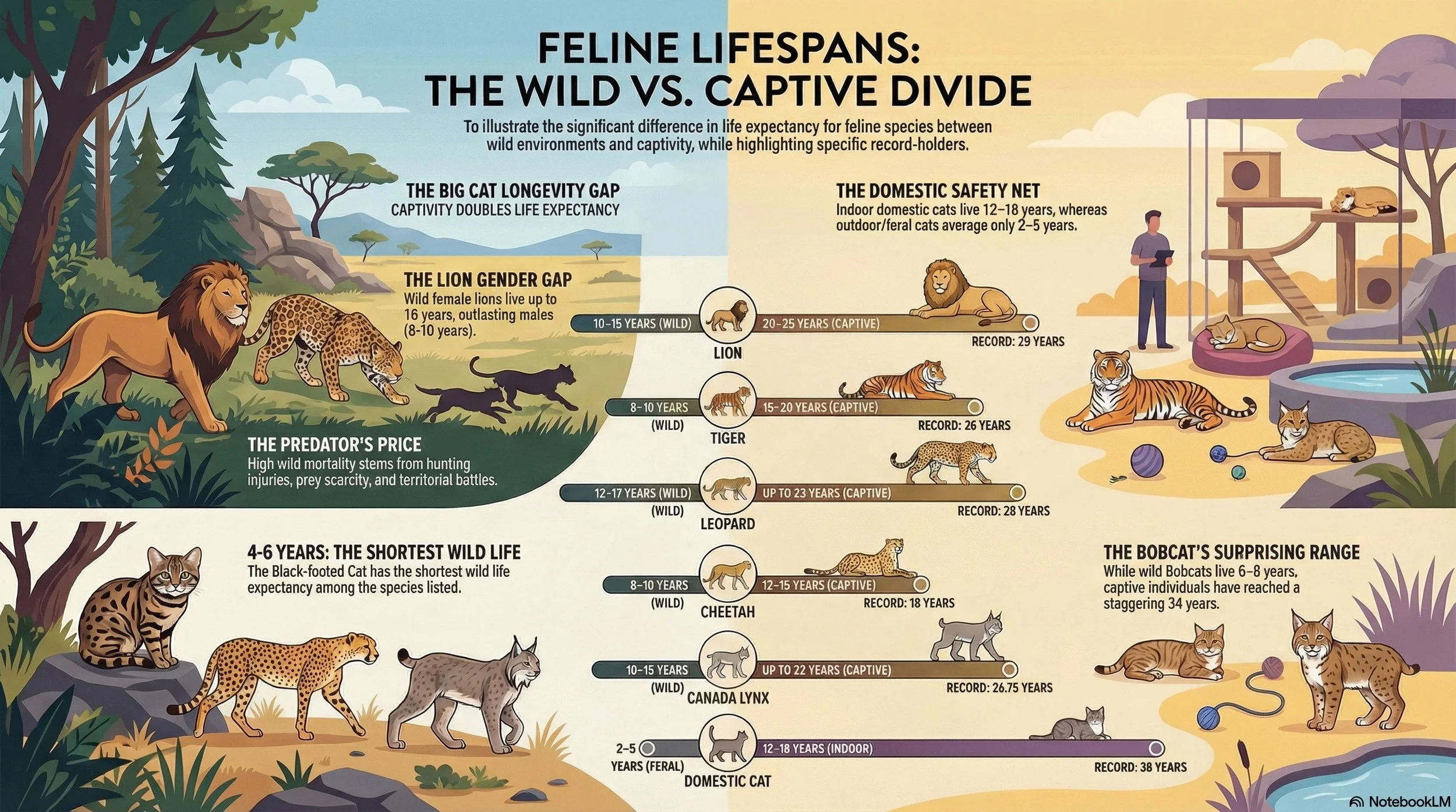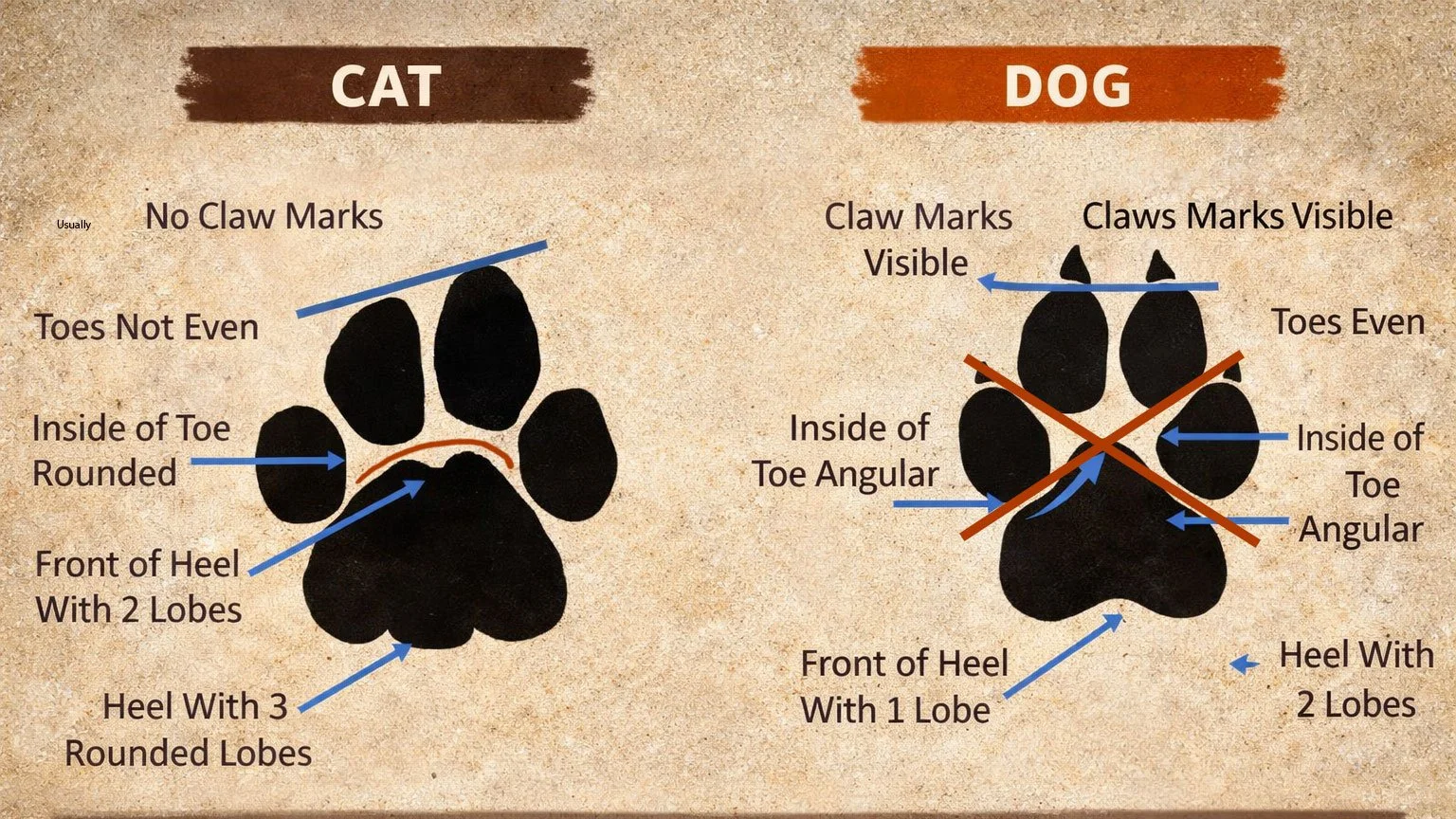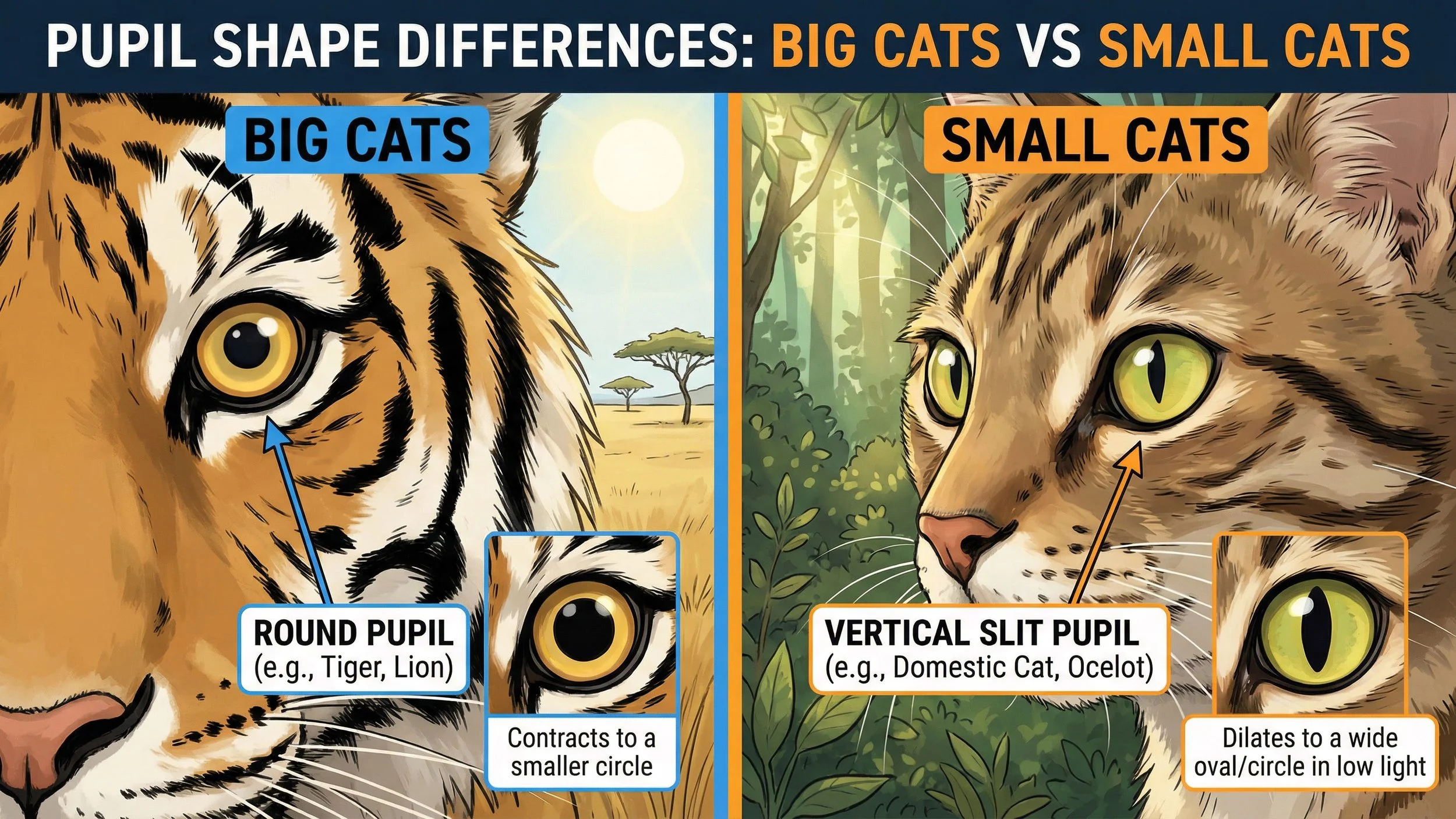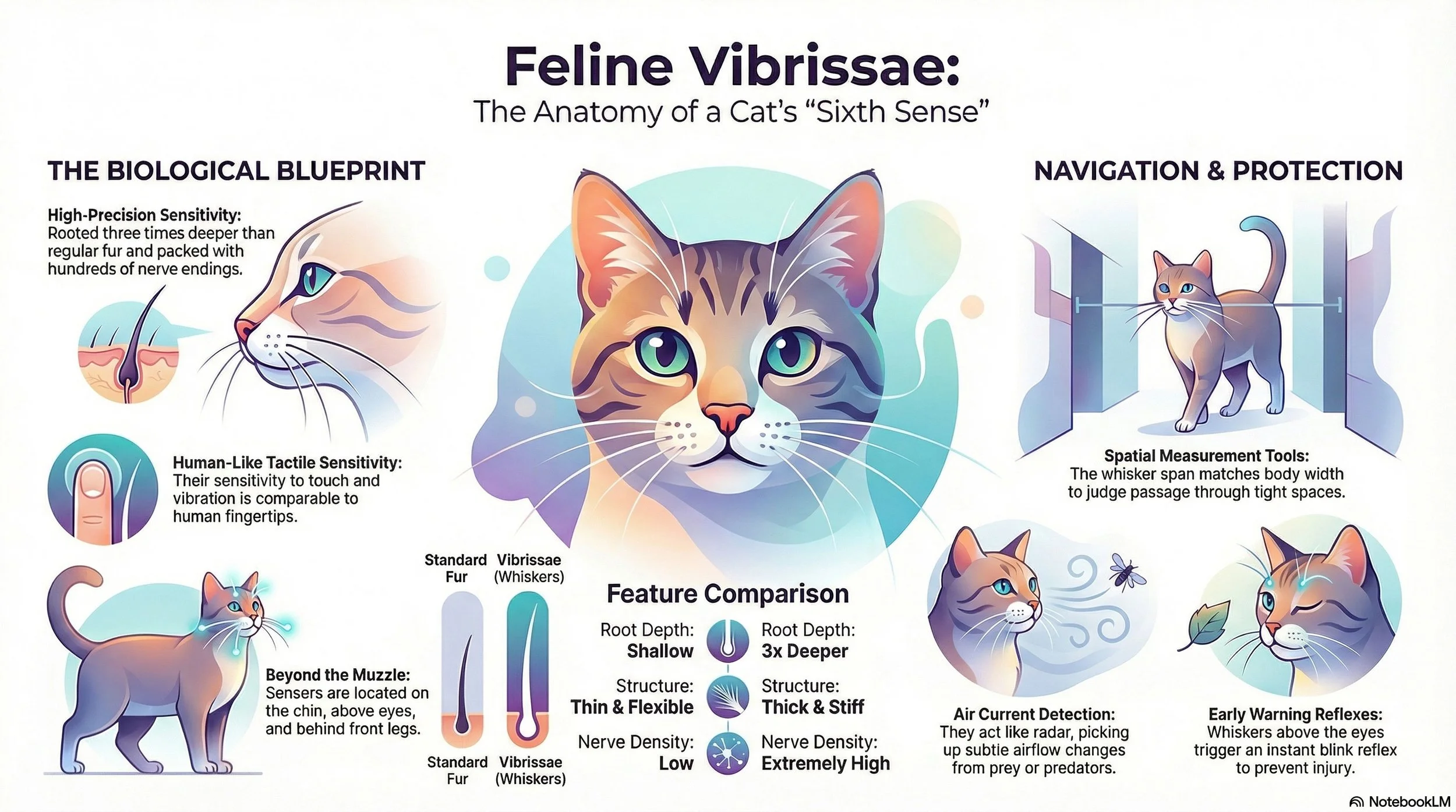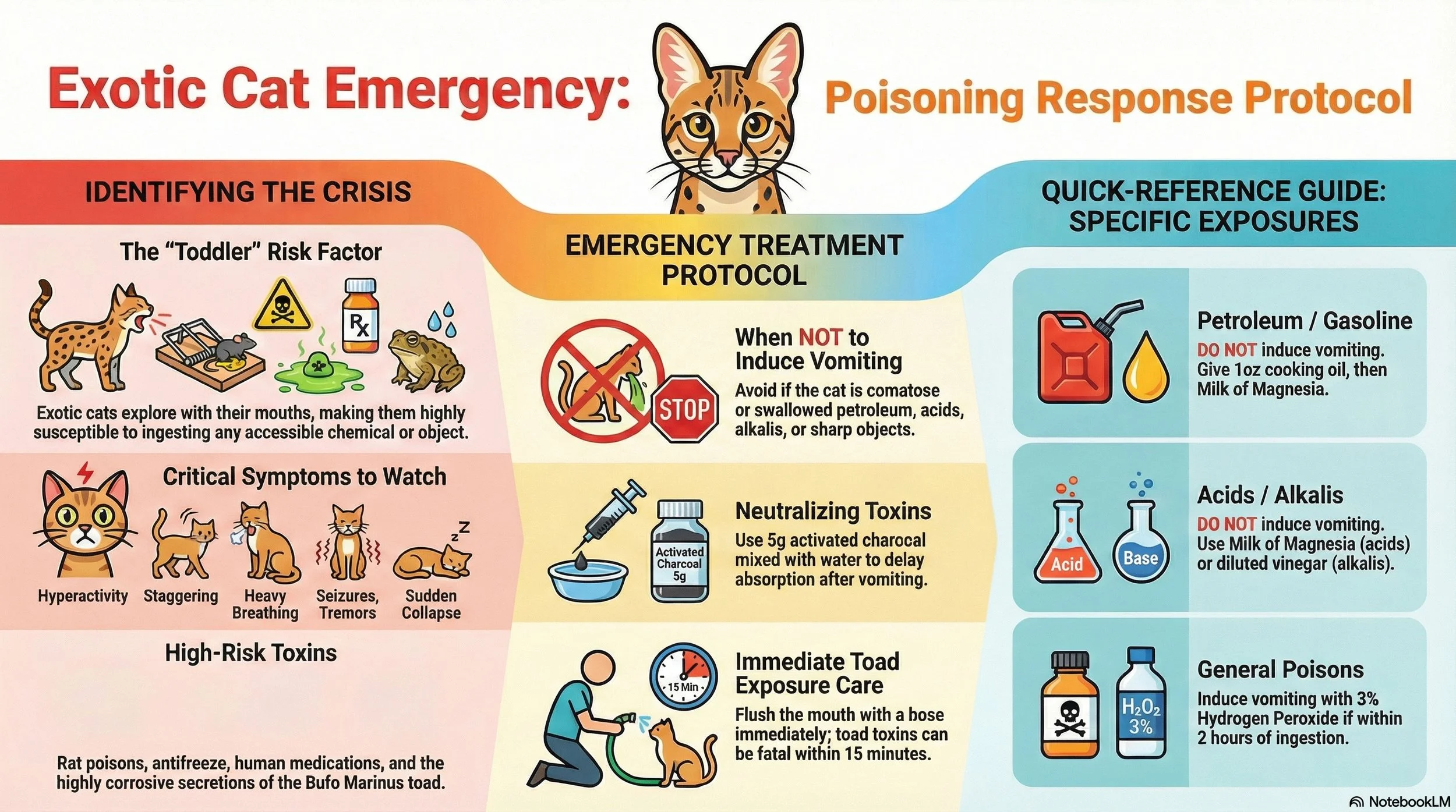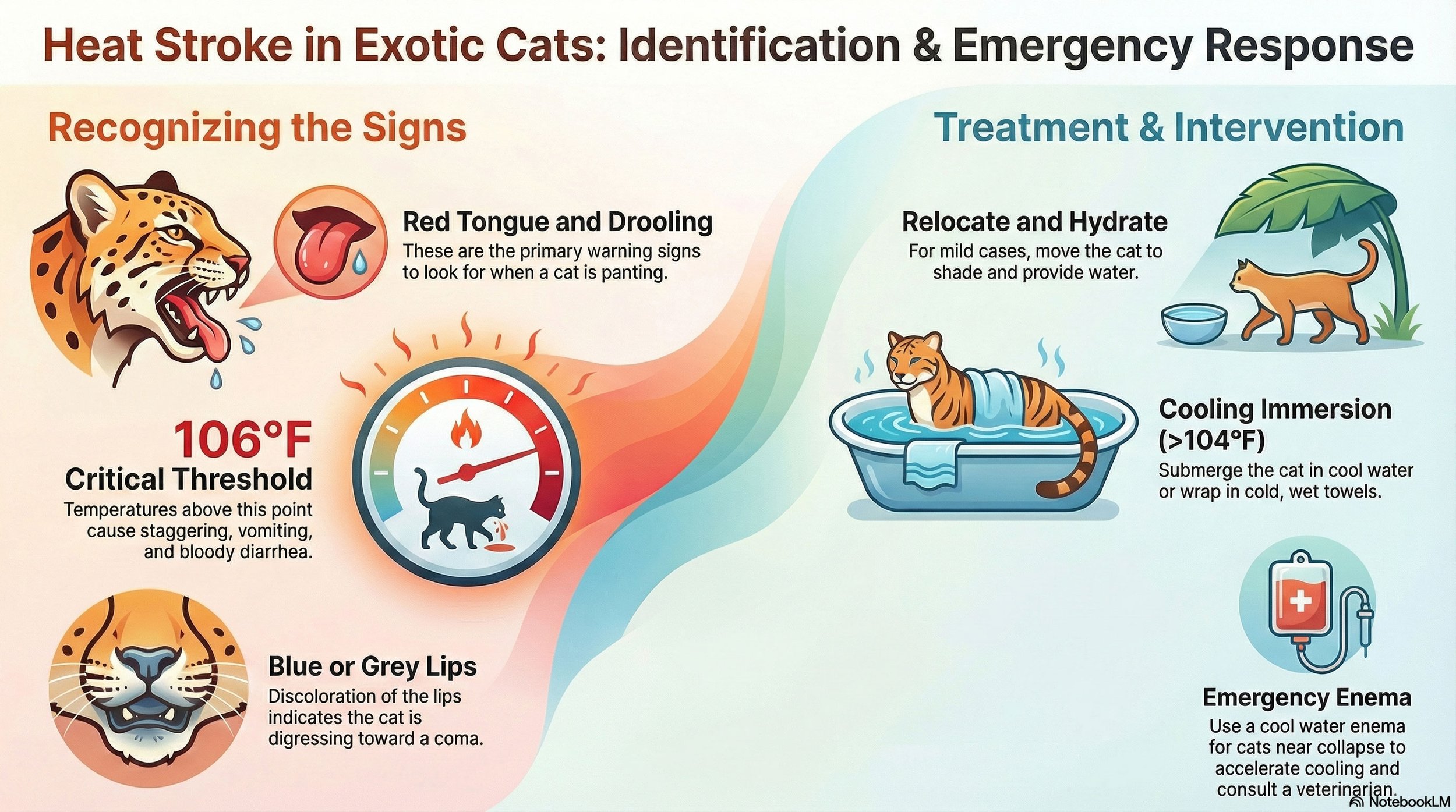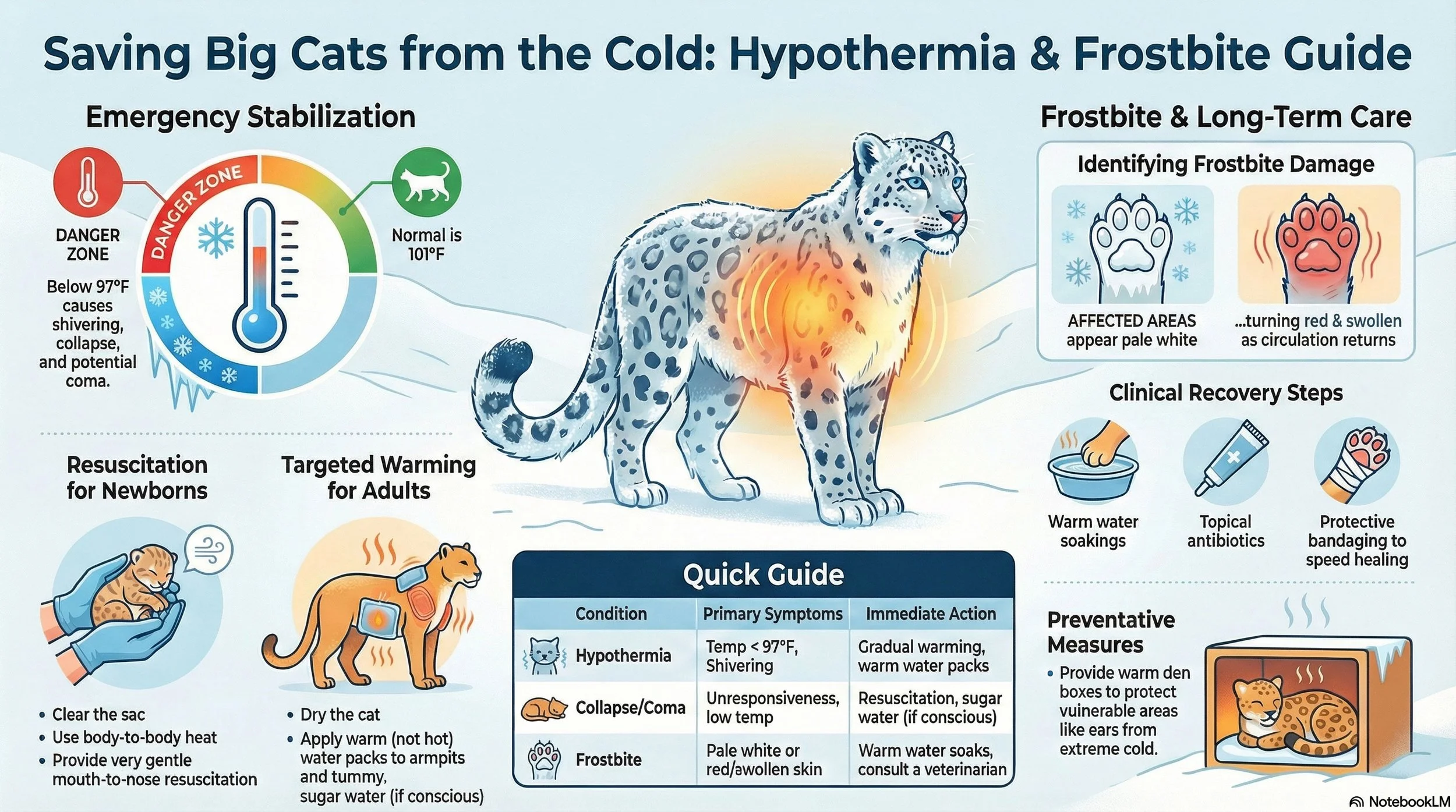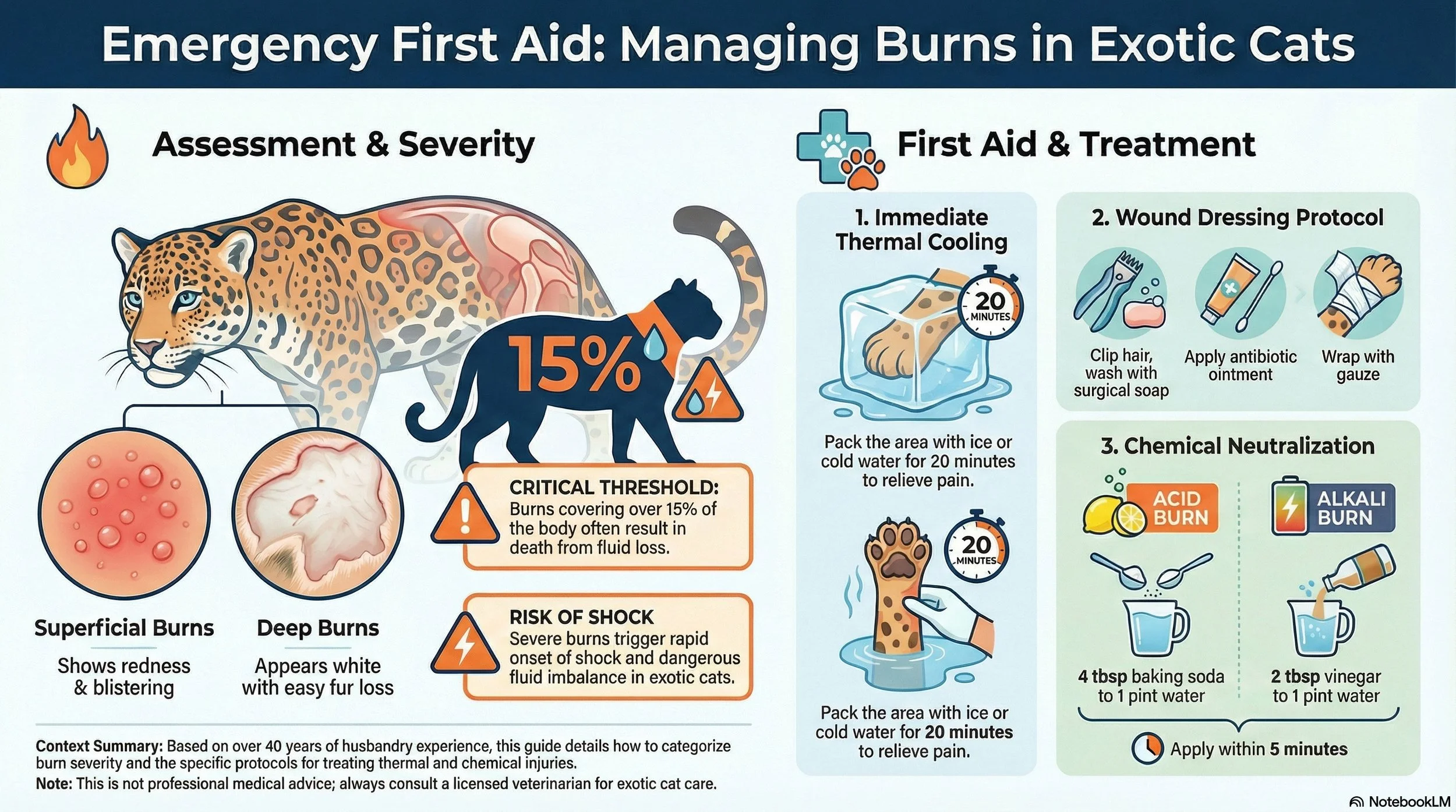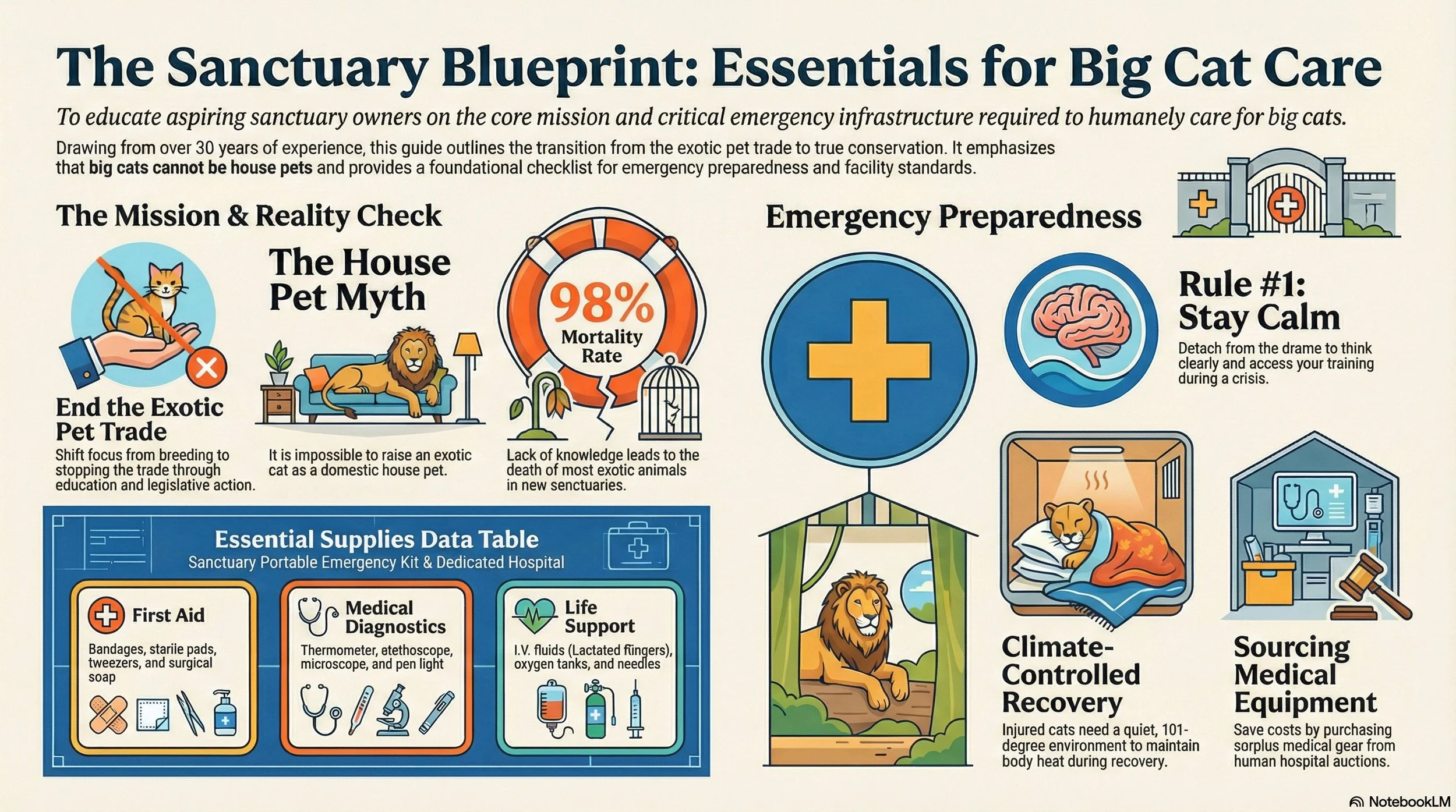Frostbite
Beyond the Fur: 5 Surprising Realities of Saving Exotic Cats from the Cold
The serene image of a big cat prowling through a sanctuary often masks a hidden, lethal vulnerability. While these animals are some of nature’s most formidable predators, they are surprisingly susceptible to the elements. For sanctuary staff, a cold snap is not just a change in weather; it is a high-stakes race against time that begins long before the sun rises.
At 6:00 a.m., a routine check on a pregnant female can quickly turn into a life-or-death emergency. In the stillness of the early morning, rescuers may find newborns that have been exposed to the cold, often left in their birth sacs by an inexperienced mother. In these moments, the raw power of the species is replaced by a fragile biology that requires immediate, expert intervention to survive.
The central conflict of sanctuary management during winter is this unexpected susceptibility. Despite their thick coats and fierce reputations, exotic cats can succumb to hypothermia and frostbite with alarming speed. Understanding how to manage these risks requires a blend of technical physiological knowledge and an unwavering commitment to life, even when a situation appears hopeless.
The "Lazarus" Effect: Reviving the Lifeless
At 6:00 a.m., the sanctuary is silent and freezing.
Rescuers often find newborns still trapped in their birth sacs.
These kittens are cold, wet, and appear utterly dead.
To the untrained eye, these "lifeless little forms" are beyond help.
But we never give up.
By clearing the airway and providing immediate warmth, the "dead" often return to life.
Experience has proven that a seemingly lifeless kitten can grow into a thriving, loving adult.
Extreme Measures: The Physical Sacrifice of Rescue
Reviving a chilled kitten requires a visceral level of physical commitment. When a kit is found cold and wet, the first priority is warmth and oxygen. Rescuers immediately wipe the sac away from the nose and drop the kitten directly into their own shirt, using their own body heat as a primary incubator while rushing to a nursery.
Resuscitation is a hands-on battle. It involves heart massages, mouth-to-mouth breathing, and briskly toweling the fur to stimulate circulation. For infants this small, the process is incredibly delicate; rescuers must place the kit's nose and mouth inside their own and blow with extreme gentleness to avoid bursting the kitten’s lungs. A blow dryer, set to a warm—never hot—setting, is used simultaneously to dry the fur.
"Sitting there reading this, you may be saying to yourself, that there is no way that you would put some bloody, slimy animal in your mouth, but you would be surprised at what you will sacrifice to save your new infant."
This level of intimacy bridges the gap between human and animal. The human caretaker becomes a surrogate life-support system, creating a bond of "blood brothers and sisters" with a predator that will eventually grow to hundreds of pounds.
The 97-Degree Danger Zone
Precision is vital when managing the body temperature of an exotic cat. Across all species handled in the sanctuary, the standard internal body temperature is 101°F. When that temperature slides, the window for intervention is narrow and unforgiving.
Hypothermia Symptoms
Shivering: The body’s initial, desperate attempt to generate heat.
Collapse: The point where physical strength and neurological function fail.
Coma: The final stage before death as the body shuts down.
The critical threshold is 97°F. If a cat’s temperature falls below this point, they are at immediate risk of collapse and coma. To warm an adult, they must first be dried if wet. Caregivers then apply warm water packs—strictly warm, never hot—to high-circulation areas: the armpits, chest, and tummy. This gradual warming is essential to safely stabilize the animal's core.
The Three-Week Shed: The Reality of Frostbite
Frostbite is much more serious than general chilling and requires a more aggressive response. To raise the body temperature more quickly, rescuers use warm water soakings rather than just packs. This rapid intervention is necessary to combat the severe tissue damage caused by extreme cold.
Frostbite maps a grim timeline across the flesh. Initially, the affected area appears pale white as circulation ceases. As blood is forced back into the tissue during warming, the area becomes red and swollen. While topical antibiotics and protective bandaging help the healing process, they cannot save tissue that has already died.
This dead tissue will typically fall off within approximately three weeks. The ears are the most frequent site of damage because they are thin, poorly insulated, and highly exposed. To prevent this permanent disfigurement, the "warm den box" is the sanctuary's primary defense, allowing cats to escape the reach of the frost.
Sweet Recovery: The Role of Glucose
The moment a cat begins "coming around" from a state of hypothermia marks a critical transition in the recovery process. The physical trauma of near-freezing and the body’s effort to re-warm itself completely deplete the animal's internal energy reserves.
As the cat regains consciousness, rescuers offer small amounts of honey or sugar water. This simple intervention acts as a vital bridge to stabilization. By providing immediate glucose, the caretaker helps the animal’s body resume normal physiological functions and regain the strength necessary to survive the metabolic shock of extreme cold.
Conclusion: A Final Thought for the Wild
The ferocity of a big cat is a marvel of evolution, yet beneath the muscle and bone lies a fragile biology that can be undone by a single cold night. Saving these animals from the elements requires more than just a sanctuary; it requires experts willing to perform mouth-to-mouth resuscitation on a newborn and monitor temperatures with obsessive precision.
The reality of sanctuary management is found in these quiet, desperate moments—warming a chilled kit or treating a frostbitten ear. It serves as a stark reminder: even the world's most powerful predators are vulnerable, and their survival often depends on the extreme dedication of the humans who watch over them. What other silent battles are fought behind the scenes to keep the wild alive?
Note: I am not a veterinarian. If your exotic cat has suffered frostbite please consult a licensed veterinarian.
